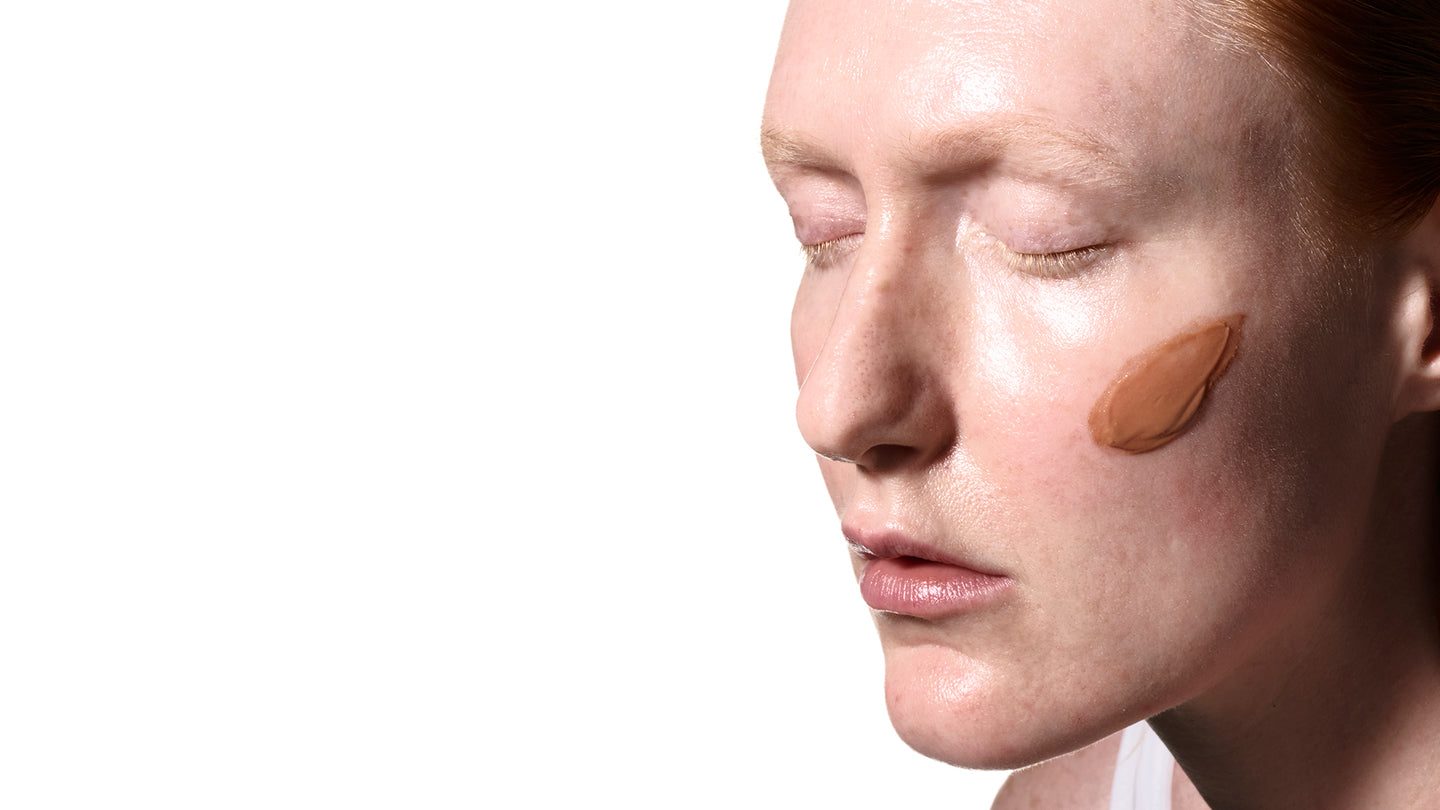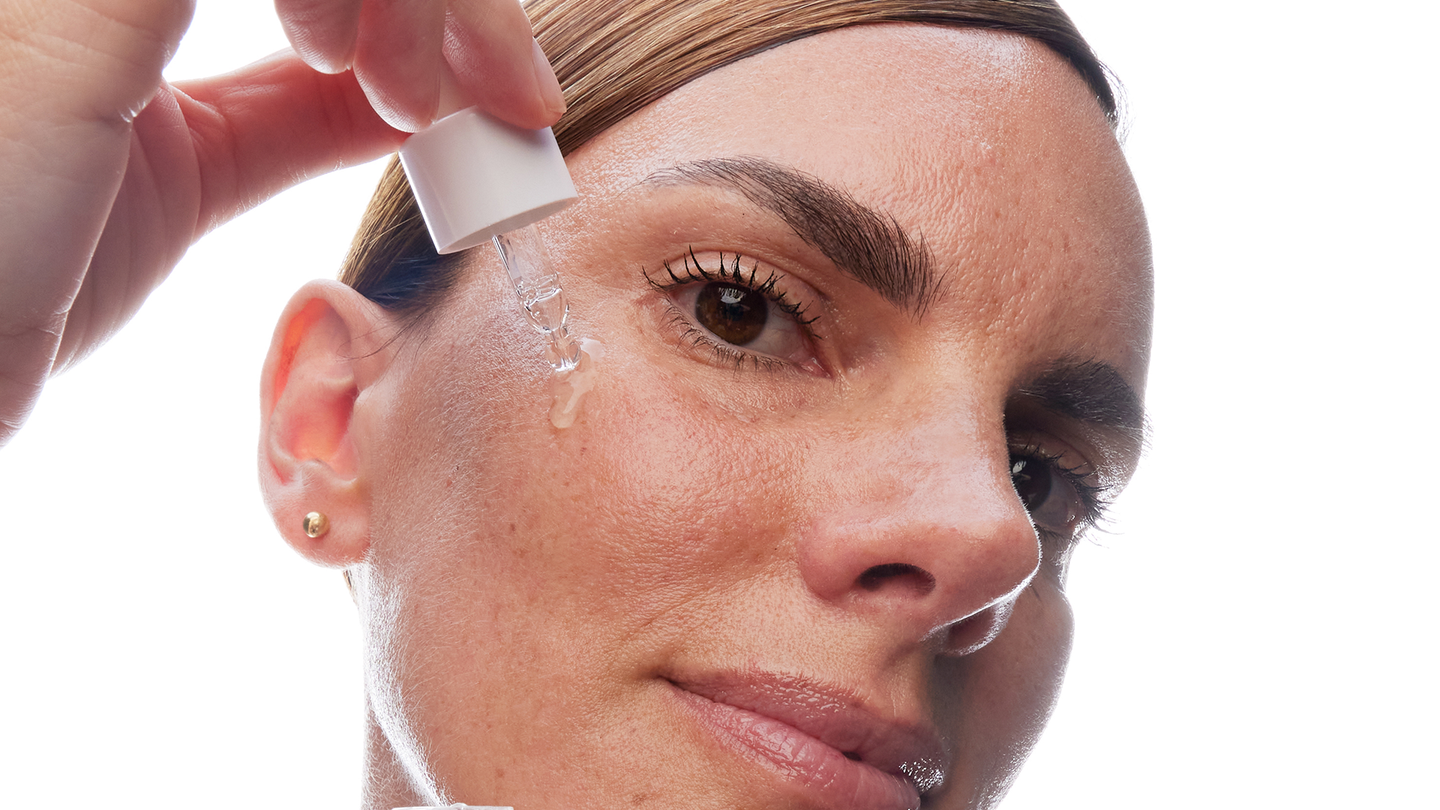Exfoliation is a process that helps remove the outer layer of dead skin cells, revealing a younger, fresher layer underneath. This not only gives the skin a brighter, more uniform appearance, but also promotes cell turnover, stimulating the production of new skin cells and reducing the appearance of wrinkles, dark spots and blemishes.
Additionally, exfoliation helps improve the effectiveness of other skin care products, such as serums and moisturizers, allowing them to penetrate the skin more easily and provide better results. Finally, another important reason to exfoliate regularly is that this process can help prevent clogged pores and the onset of acne, thus reducing the appearance of pimples and blackheads.
Types of facial exfoliants
There are different types of facial exfoliants available on the market, each with its own characteristics and mode of action. The main categories of exfoliants include mechanical exfoliants, chemical exfoliants, and enzymatic exfoliants.
Mechanical Exfoliants
Mechanical exfoliants contain abrasive particles, such as sugar, salt, nut granules or plastic microbeads, that are massaged into the skin to remove dead cells and surface impurities. These exfoliants offer an immediate sensation of smoothness and freshness, but it is important to use them gently to avoid irritation or damage to the skin.
Chemical Exfoliants
Chemical exfoliants contain ingredients such as alpha-hydroxy acids (AHA) or beta-hydroxy acids (BHA), which work to dissolve dead cells and stimulate cell renewal. AHAs, such as glycolic acid and lactic acid, are suitable for all skin types and are particularly effective at improving skin brightness and texture. BHAs, like salicylic acid, are more suitable for oily and acne-prone skin, as they penetrate the pores and cleanse them deeply.
Enzymatic exfoliants
Enzymatic exfoliants contain natural enzymes, such as papain (from papaya) or bromelain (from pineapple), which act delicately on the surface of the skin, dissolving dead cells and impurities. These exfoliants are particularly suitable for sensitive or reactive skin, as they offer a gentler and less irritating exfoliation than mechanical or chemical exfoliants.
Effects of exfoliation on the skin
Regular exfoliation offers a number of benefits for the skin. First, it removes dead cells and impurities from the surface of the skin, promoting a brighter, smoother and more even appearance. Furthermore, it stimulates cell turnover, contributing to skin regeneration and the reduction of wrinkles, dark spots and imperfections.
Additionally, exfoliation can help improve skin texture, reducing the appearance of enlarged pores and skin roughness. This makes the skin feel smoother and improves the absorption of other skin care products, allowing them to penetrate the skin more easily and provide better results.
However, it is important to exfoliate in moderation and adapt the type of exfoliant to your skin type. Sensitive or reactive skin might benefit from gentler exfoliants, such as enzyme exfoliants, while oily or acne-prone skin might benefit more from chemical exfoliants, such as salicylic acid.




